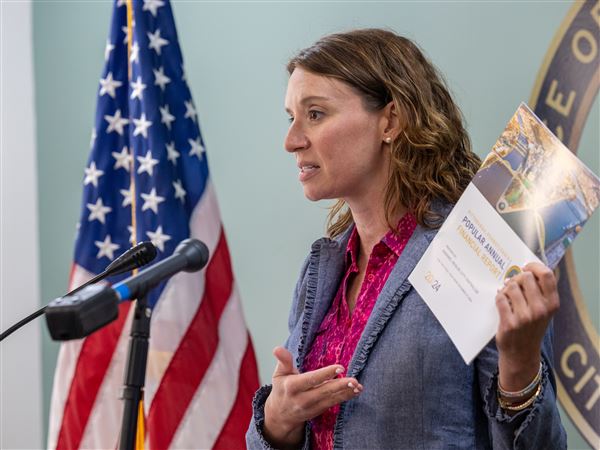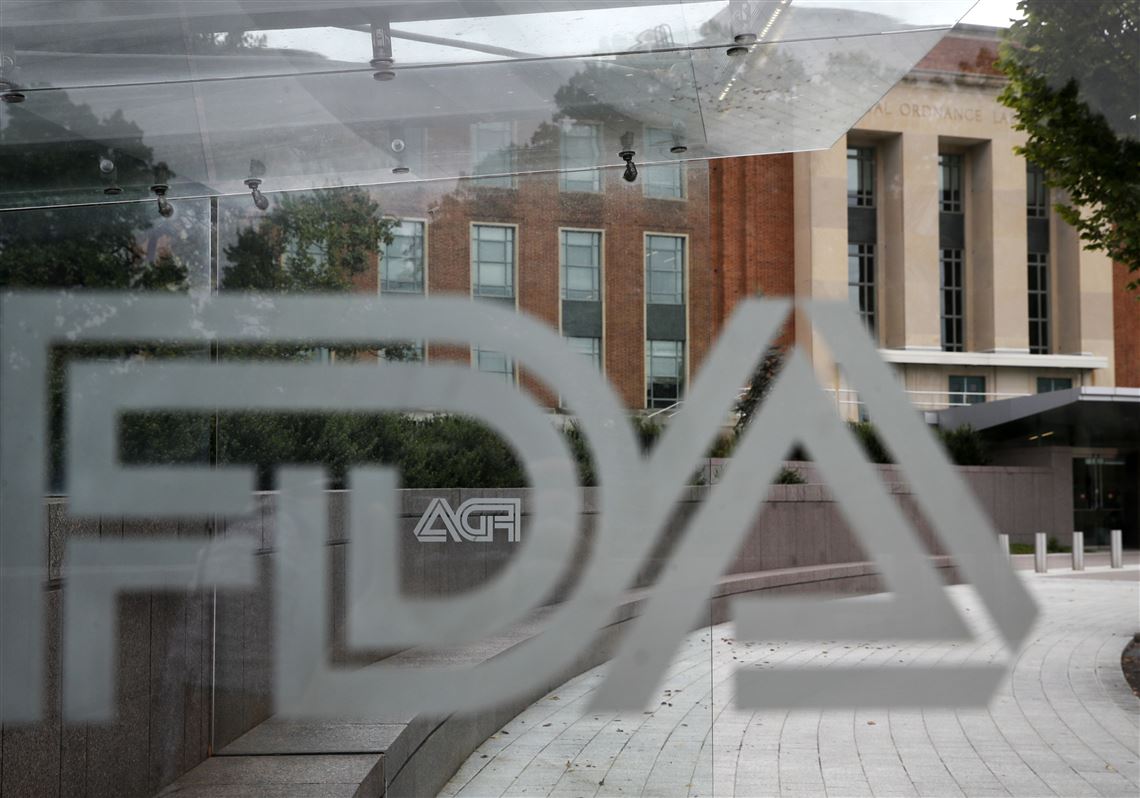The Food and Drug Administration can’t seem to learn the lesson.
Approval of new drugs without sufficient vetting is bad policy and bad medicine.
A recent course reversal on a muscular dystrophy drug fails to provide much assurance about the agency’s drug approval process. Vyondys 53, which the maker says treats one of the most virulent forms of the disease, was rejected by the FDA only months ago.
The manufacturer, Sarepta Therapeutics, appealed to higher-ups at the FDA. In December, the drug was approved.
The path Vyondys 53 took to approval smacks of the worst sort of pandering to pressure. The FDA has a job to do, and the reversal of course can only raise questions.
In the case of Vyondys 53, the questions are troubling.
Before the change in course, agency staff were concerned about infections and kidney damage that might be caused by the drug. So far, the drug is not proven to improve the health of patients.
A rerun of the Darvon, Accutane or Vioxx disasters shouldn’t be necessary. The removal of those drugs from the market are the most famous examples of approved drugs that proved toxic.
Sometimes it takes a few months to pull a drug; sometimes it takes years. All the while, the drugs ended up killing people, sickening them or causing birth defects in babies.
Getting drugs with promise to patients quickly is important, but studies should offer clear indications of benefits without unacceptable risks.
There was no change in the evidence from the initial rejection to approval of Vyondys 53. The only change was the company’s lobbying effort. The drug will cost patients $300,000 a year.
Now, Vyondys 53 goes on the market and a required follow-up study isn’t due until 2024.
That’s a long time for patients and families to wait on whether the drug is worthwhile or may carry risks that outweigh any benefits.
Judgment and caution should be used by the FDA when approving new drugs. Approval should be based on solid medical evidence, not the result of lobbying by a pharmaceutical company.
The FDA must do its job.
Patients should be safe from another disastrous prescription.
First Published: January 3, 2020, 5:00 a.m.















